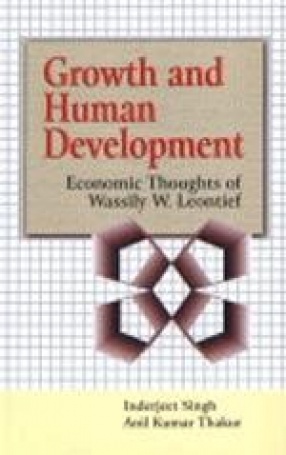Why policy fails? This is the most frequently asked question in the policy arena particularly in developing countries. It is popularly believed that in developing countries, policies cannot be implemented as desired because of poor resource endowment. In addition to this, there are several other reasons for policy failure that are embedded in the policy process itself in an attempt at exploring these reasons this book examines the policy making process in Bangladesh. Instead of drawing a broad, general conclusion about the weaknesses of the policy making process in Bangladesh causing implementation failure, the author has concentrated her attention to a single, specific policy in order to provide a deep insight into the matter. The book’s special focus is on the health policy of Bangladesh. It provides a huge evidence for health policy failure and a comprehensive enumeration of the variety of factors underlying that failure. It examines the health policy formation as well as its implementation process accompanied with a thorough, comprehensive analysis of the influences of policy actors and policy context over the process. It identifies various weaknesses of the health policy process caused by several actors and factors that seriously impede policy implementation. Broadly, the nature of action, interaction, role and influence of the actors and factors identified in the health policy process does not significantly very in other policy sectors of Bangladesh. Thus the dynamics of the health policy process throws light on the general aspect of policy making in Bangladesh. The book should be useful to the policy makers, health professionals, development practitioners, student of public administration, and the researchers at home and abroad.
Policy Making in Bangladesh
In stock
Free & Quick Delivery Worldwide
Bibliographic information
Title
Policy Making in Bangladesh
Author
Edition
1st ed.
Publisher
ISBN
9848360018
Length
395p., Graphs; Figs.; Tables.
Subjects





There are no reviews yet.